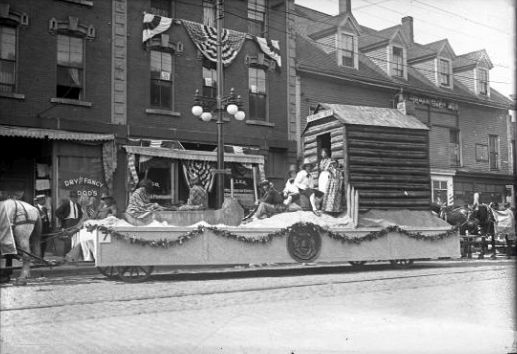Jan. 13, 1629: Pilgrims obtain a land patent along the Kennebec River, authorizing them to trade with local indigenous people.

According to historian William D. Williamson, the patent, later called the Kennebec Patent or Plymouth Patent, “was intended as an express favor to her trade and fishery, and the propagation of religion.”
The land grant consists of about 1.5 million acres stretching 15 miles on either side of the Kennebec River and ranging from present-day Woolwich in the south to the Cornville area in Somerset County in the north.
It also grants the patent holders the right of passage to the open sea. They are entitled to establish trading stations at what later become Fort Popham, the landing in Richmond, and Cushnoc – today’s city of Augusta.
Joseph Owen is a retired copy desk chief of the Morning Sentinel and Kennebec Journal and board member of the Kennebec Historical Society.
Presented by:

Send questions/comments to the editors.



Success. Please wait for the page to reload. If the page does not reload within 5 seconds, please refresh the page.
Enter your email and password to access comments.
Hi, to comment on stories you must . This profile is in addition to your subscription and website login.
Already have a commenting profile? .
Invalid username/password.
Please check your email to confirm and complete your registration.
Only subscribers are eligible to post comments. Please subscribe or login first for digital access. Here’s why.
Use the form below to reset your password. When you've submitted your account email, we will send an email with a reset code.